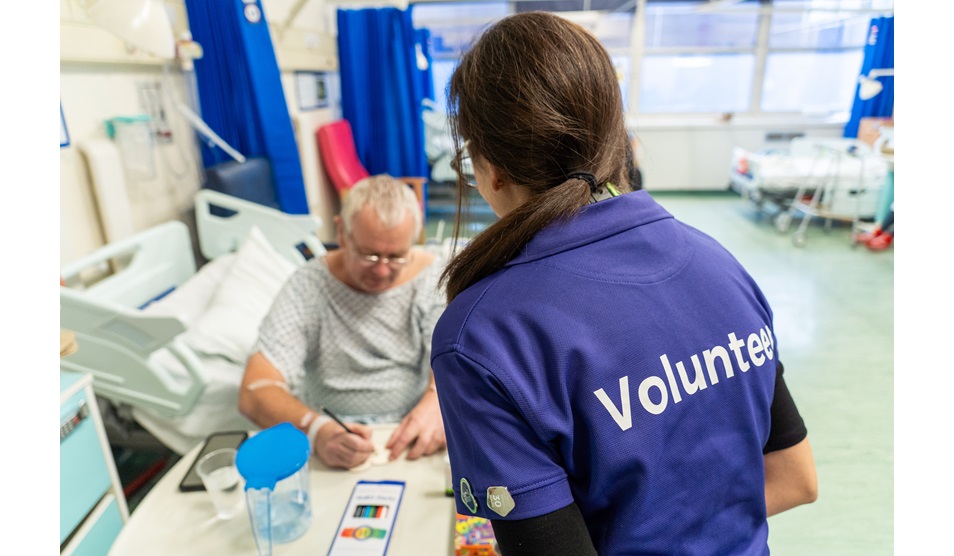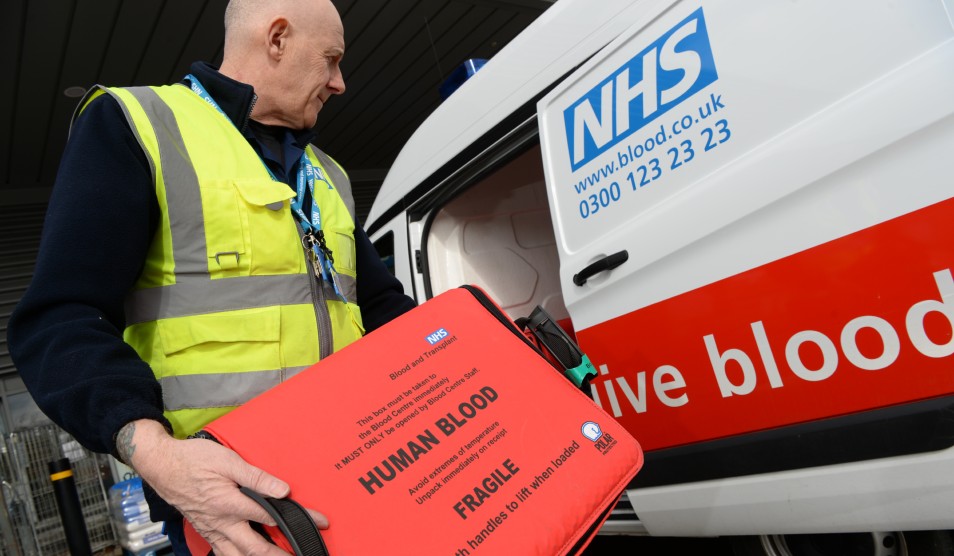Researcher calls for national screening programme to tackle prostate cancer
A national screening programme is needed to effectively diagnose and treat the growing number of prostate cancer cases in the UK, says Imperial expert.
Prostate cancer is the most common cancer in men in the UK with around 35,000 new cases diagnosed each year. It develops when cells in the prostate grow in an uncontrolled way. Prostate cancer develops slowly and symptoms such as blood in the urine do not appear until the disease has developed. It usually affects men over 50 and often men with a family history of the disease.
Dr Sylvain Ladame, from the department of bioengineering, presented his research on how to diagnose and treat prostate cancer more effectively at a recent Imperial College Academic Health Science Centre (AHSC) seminar. He was joined by Professor Hashim Ahmed, consultant urological surgeon at Imperial College Healthcare NHS Trust, who talked about a new way of treating an enlarged prostate.
In a packed lecture theatre at Charing Cross Hospital, Dr Ladame outlined his work to develop new screening tests for early diagnosis of prostate cancer.
Current tests for prostate cancer look for raised levels of a protein called prostate specific antigen (PSA) which is produced by normal, as well as malignant, cells of the prostate gland. High levels of PSA in blood may or may not indicate cancer that requires treatment. As a result of this, the PSA test can in some cases lead to people having unnecessary invasive investigations such as biopsies and experience complications such as infections.
Dr Ladame talked about his work to develop a low cost test that can identify early stage prostate cancer more accurately than current methods.
The test works by detecting biomarkers in blood on a paper-based device similar to a pregnancy test to help diagnose prostate cancer with higher specificity and accuracy than the currently offered PSA test, and can provide results in one hour. Following successful preliminary testing on blood samples from cancer patients, Dr Ladame hopes that larger clinical trials will enable the test to be fully validated and to be available for use at GP surgeries within the next five years.
Dr Ladame also outlined how a national screening programme for all men over 50 could help diagnose and treat more cases of prostate cancer at an earlier stage. He explained that the screening programme would encourage more men to get tested even if they don’t have any symptoms so that early treatment can be offered.
Professor Hashim Ahmed, consultant urological surgeon at Imperial College Healthcare NHS Trust, outlined a new procedure he has used on patients at Charing Cross Hospital to treat patients more effectively. The new procedure, which is called Rezum Water Vapour, injects small amounts of steam into the prostate. The steaming process permeates throughout the tissue which then allows the gland to shrink as it repairs itself, relieving the symptoms. Read more about Professor Ahmed's presentation on the Imperial AHSC website.
The next AHSC seminar will on ‘preventing and treating high blood pressure’ will take place on Thursday 28 February at St Mary’s Hospital, part of Imperial College Healthcare NHS Trust.
Photo credit: Imperial College London, Fergus Burnett



